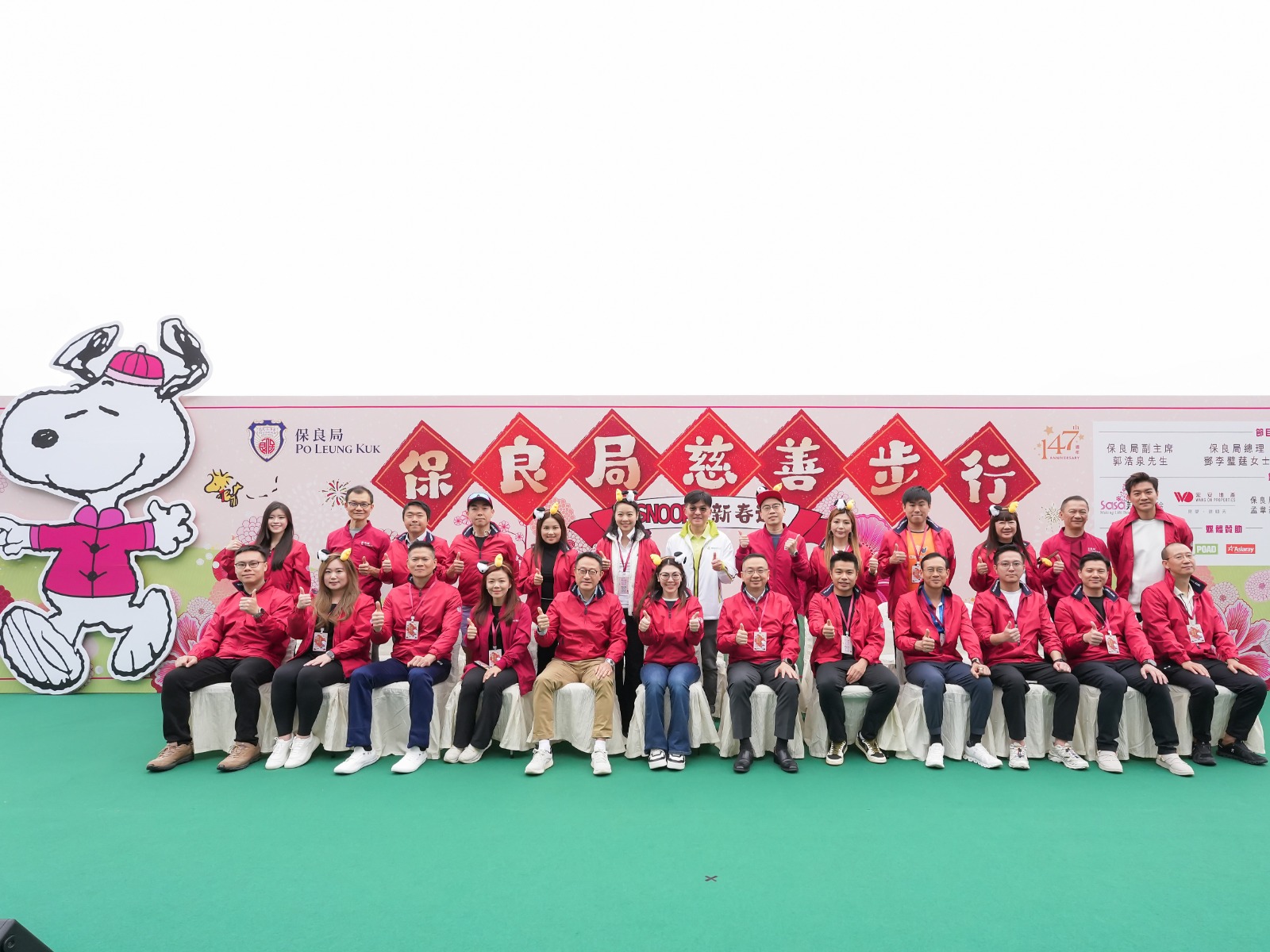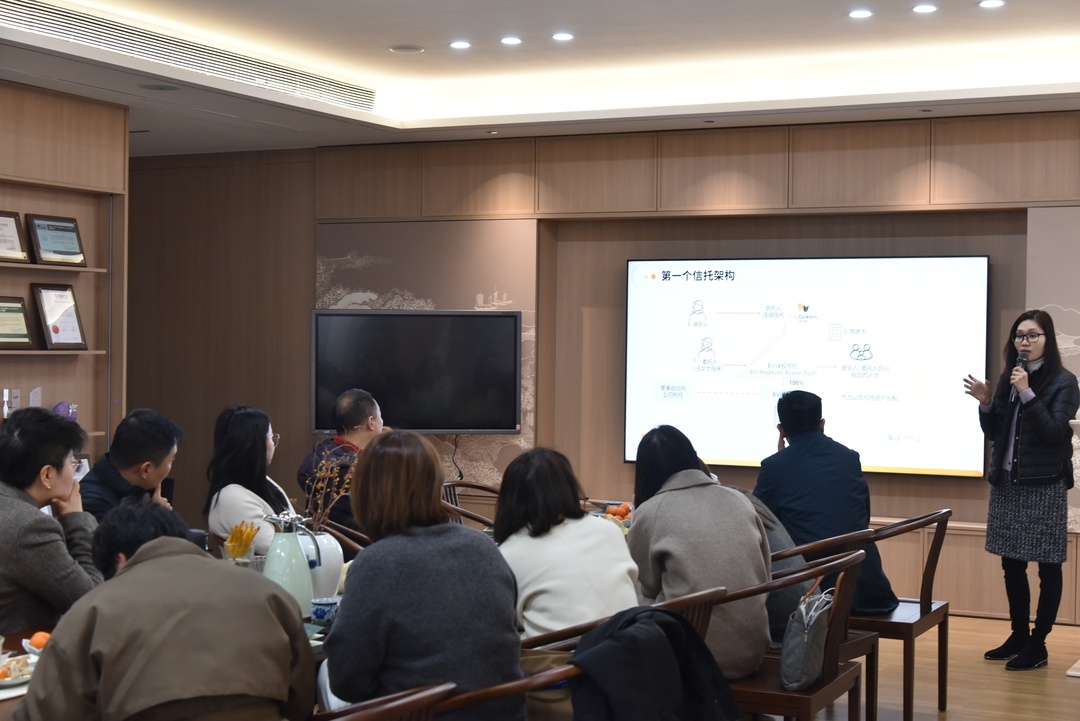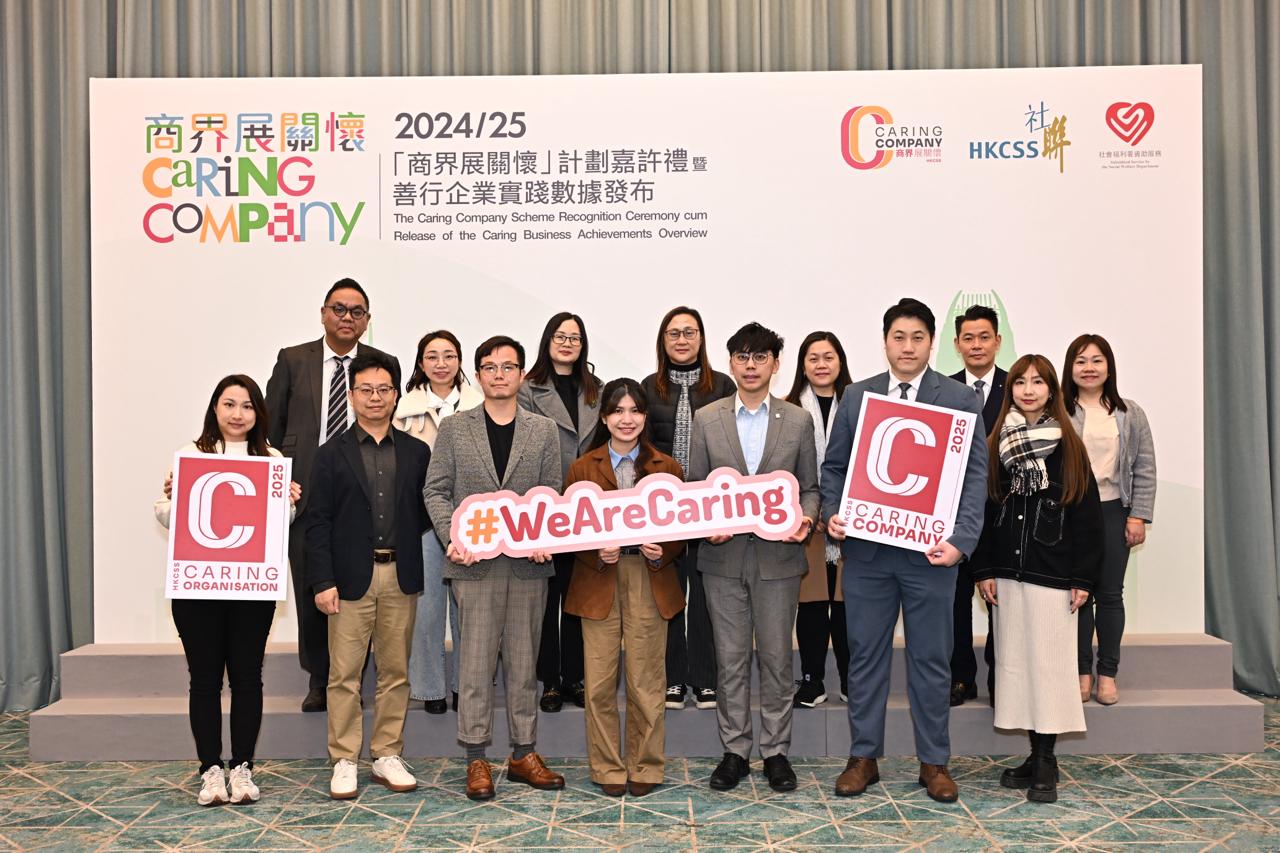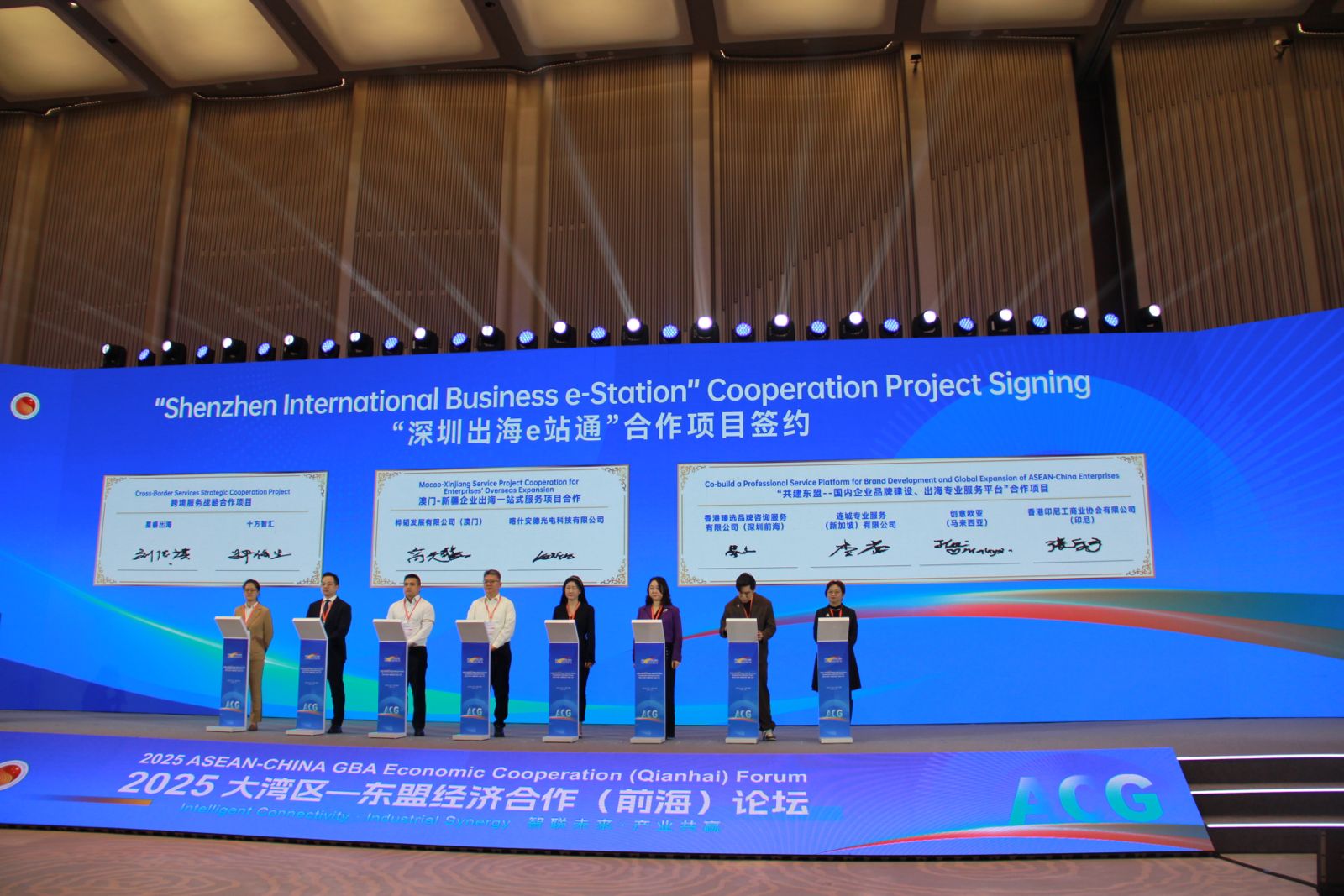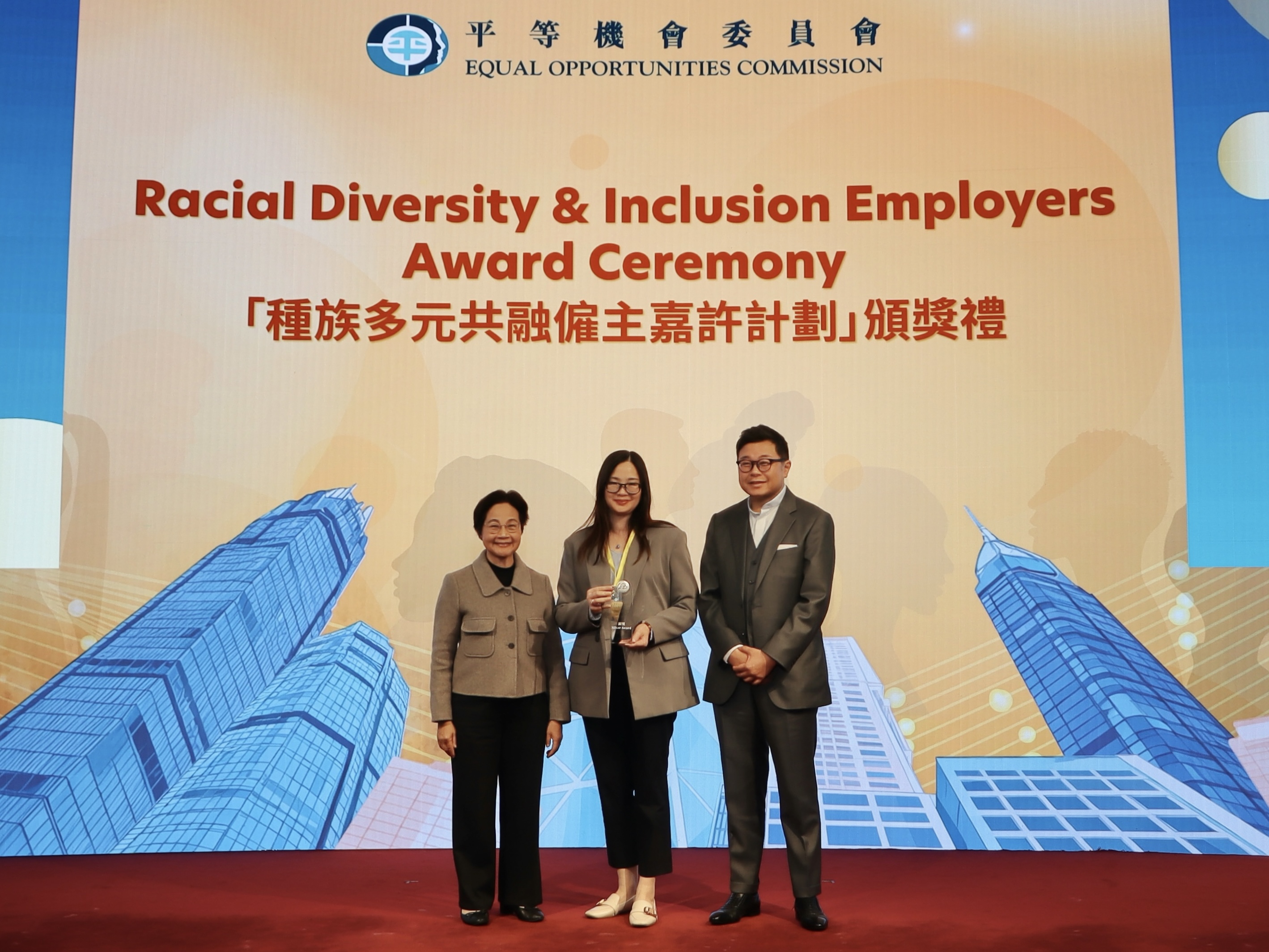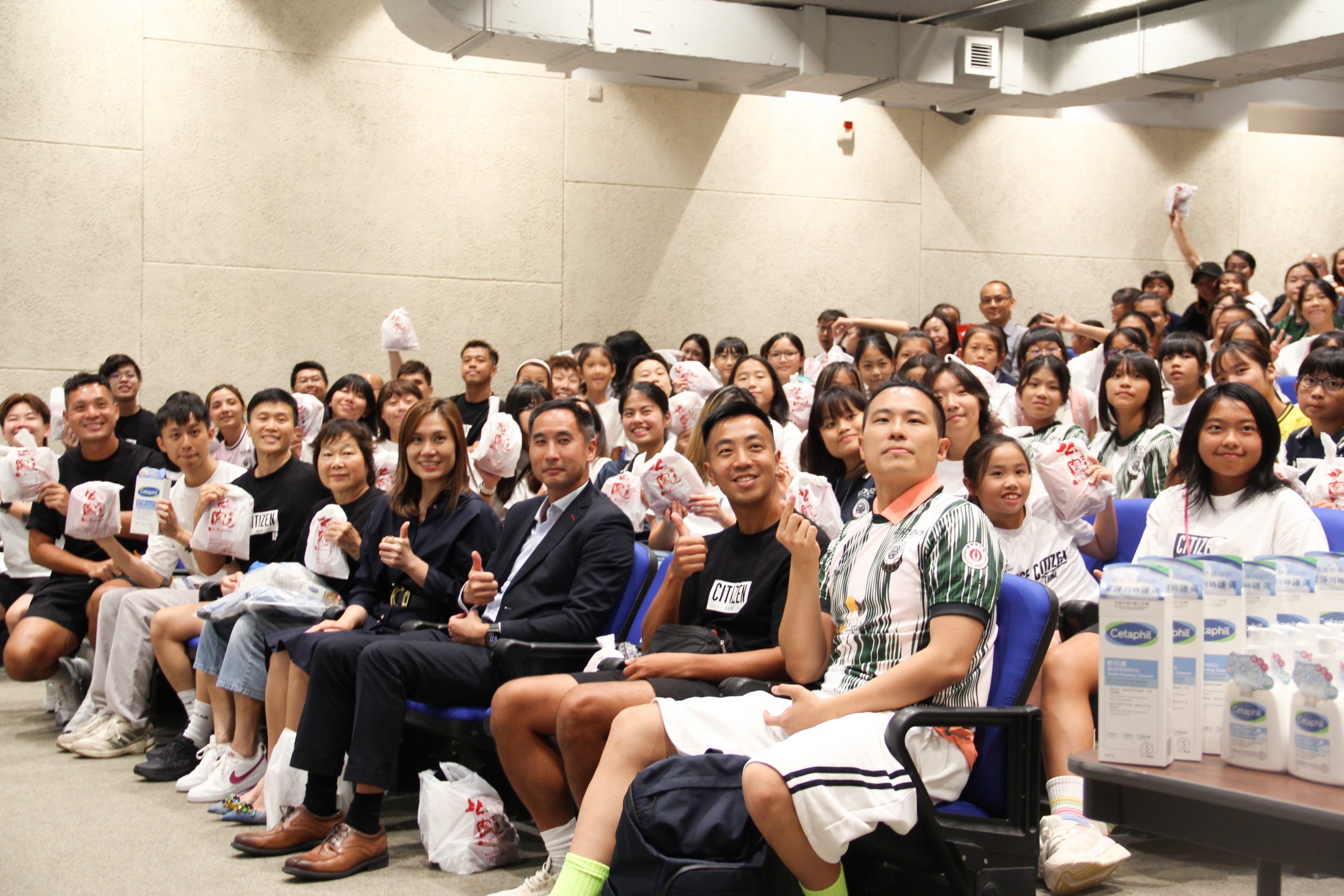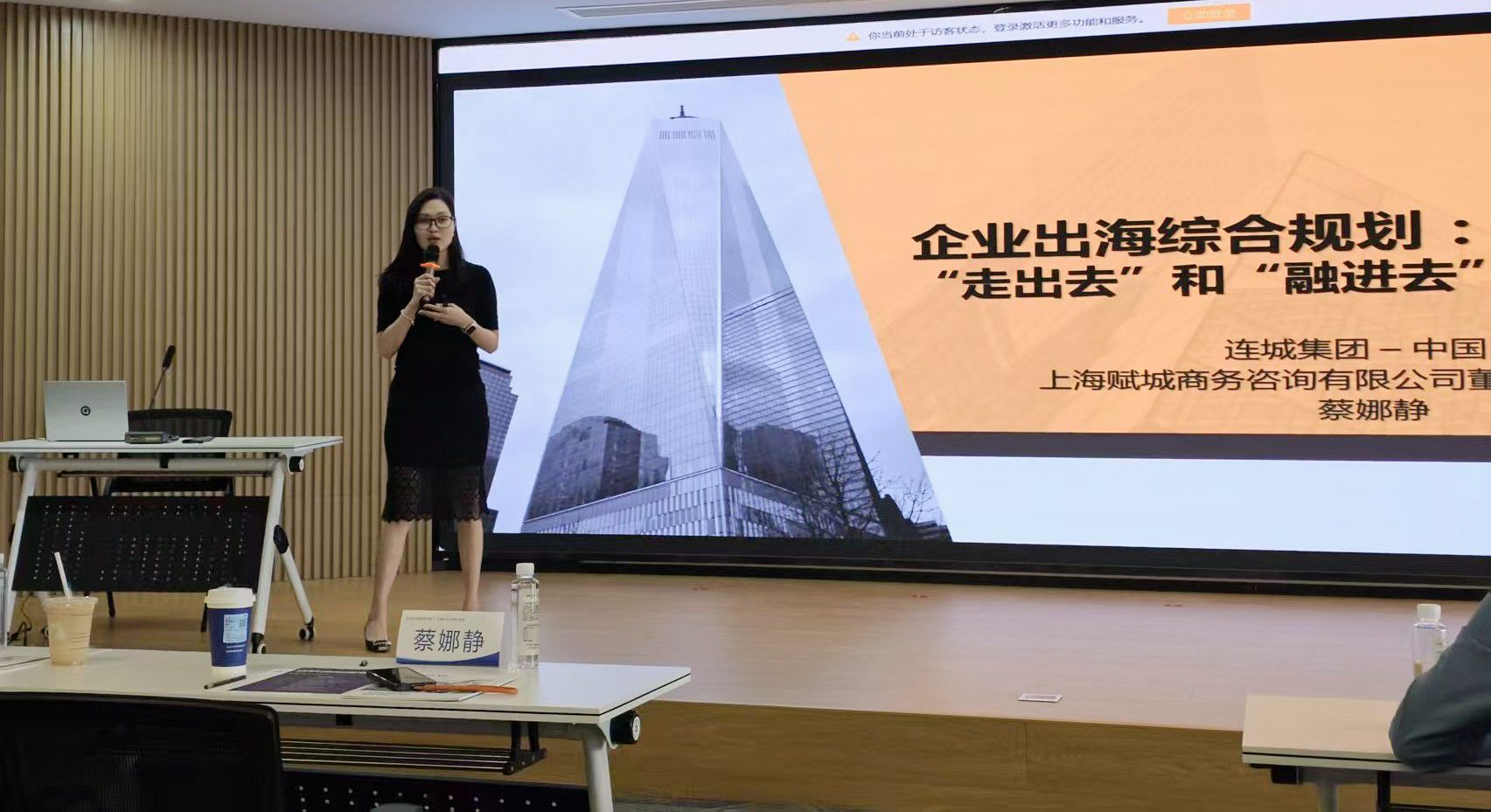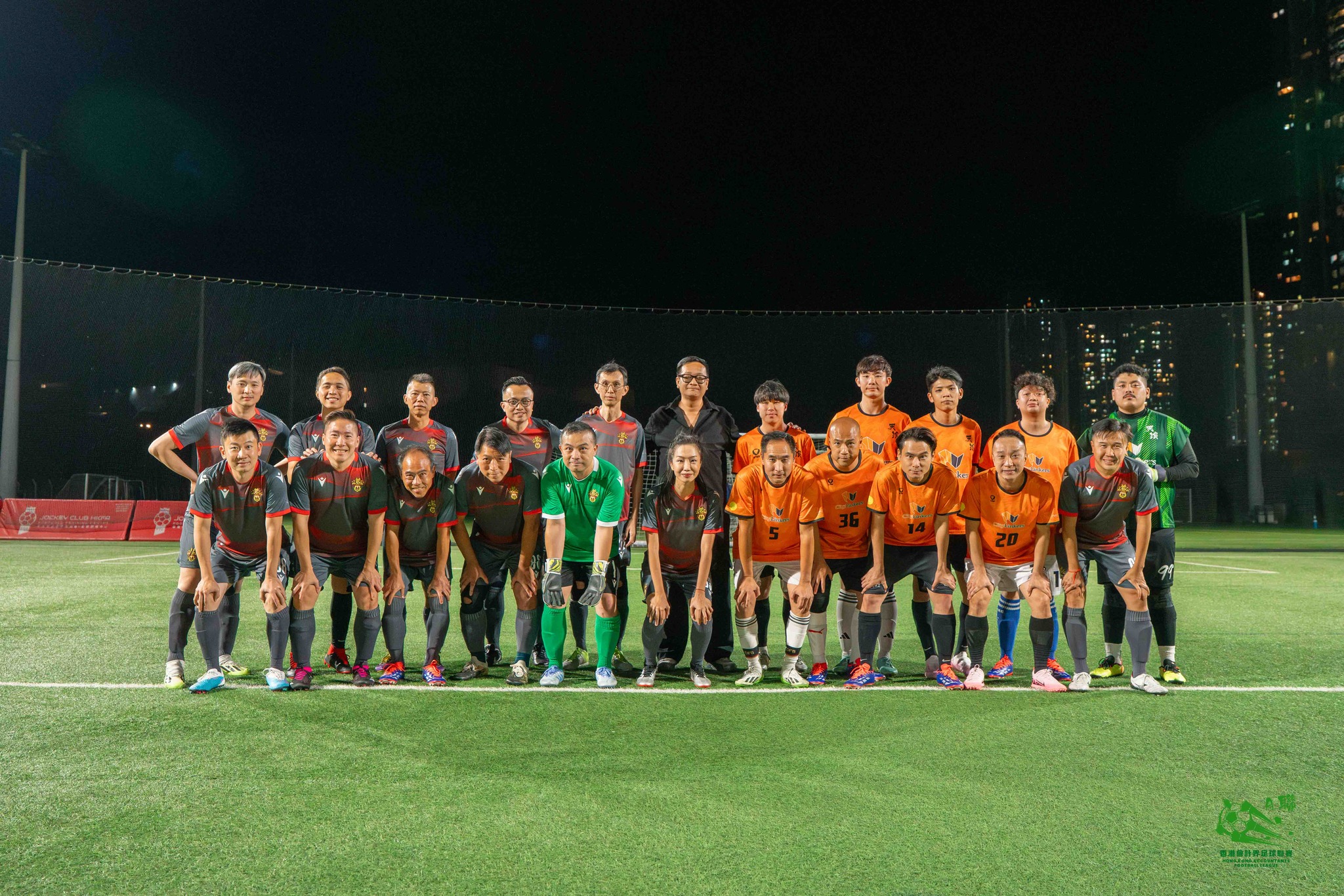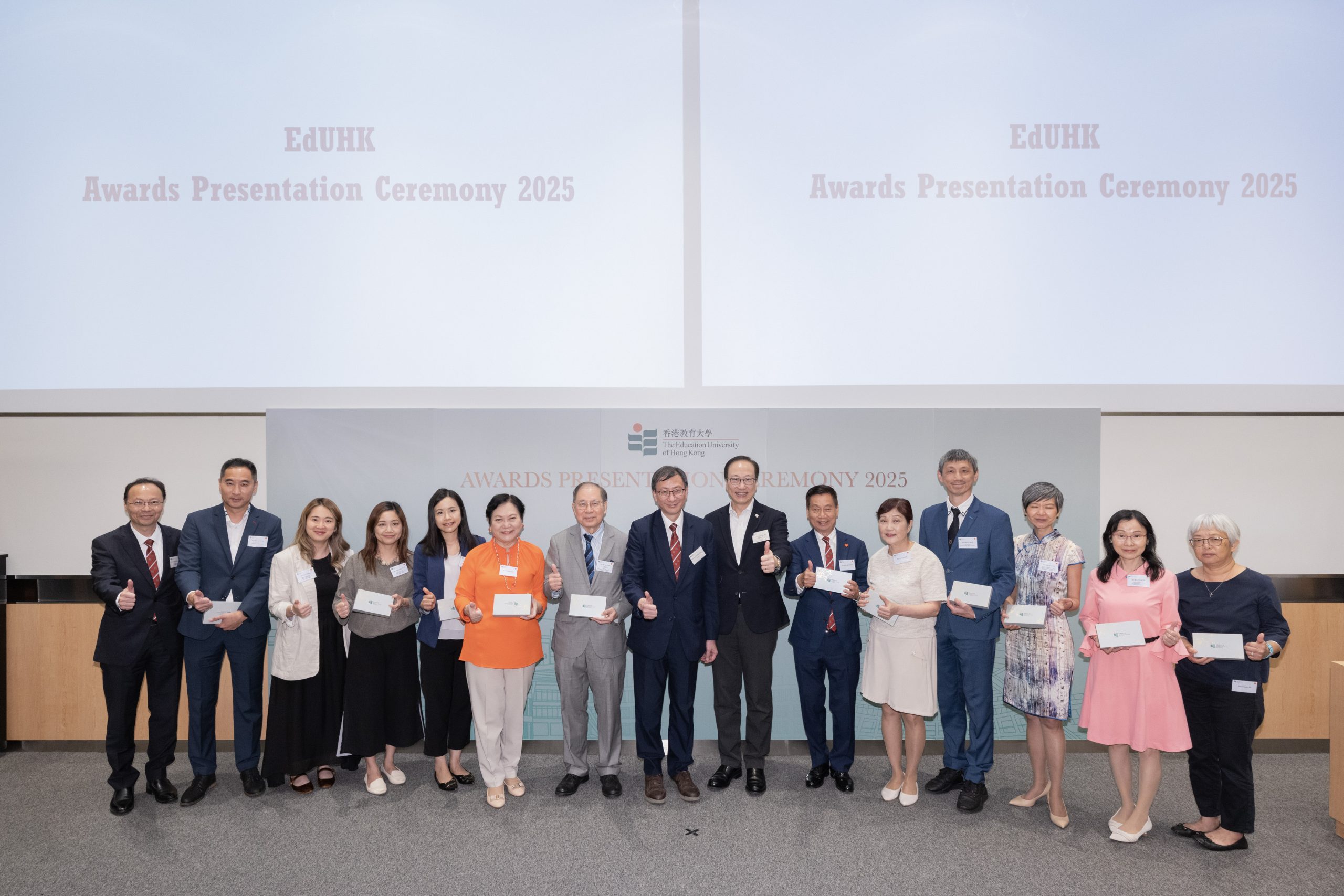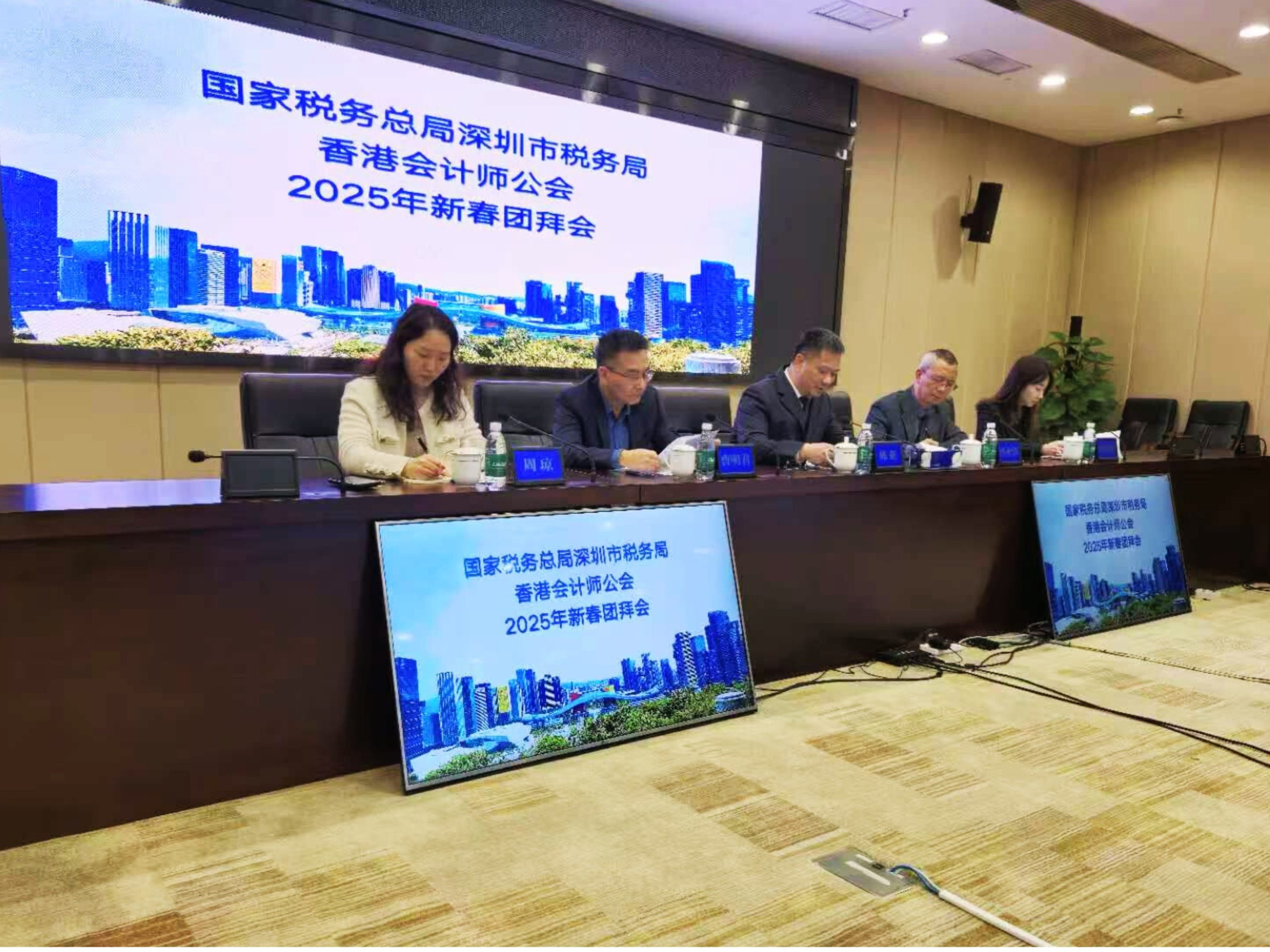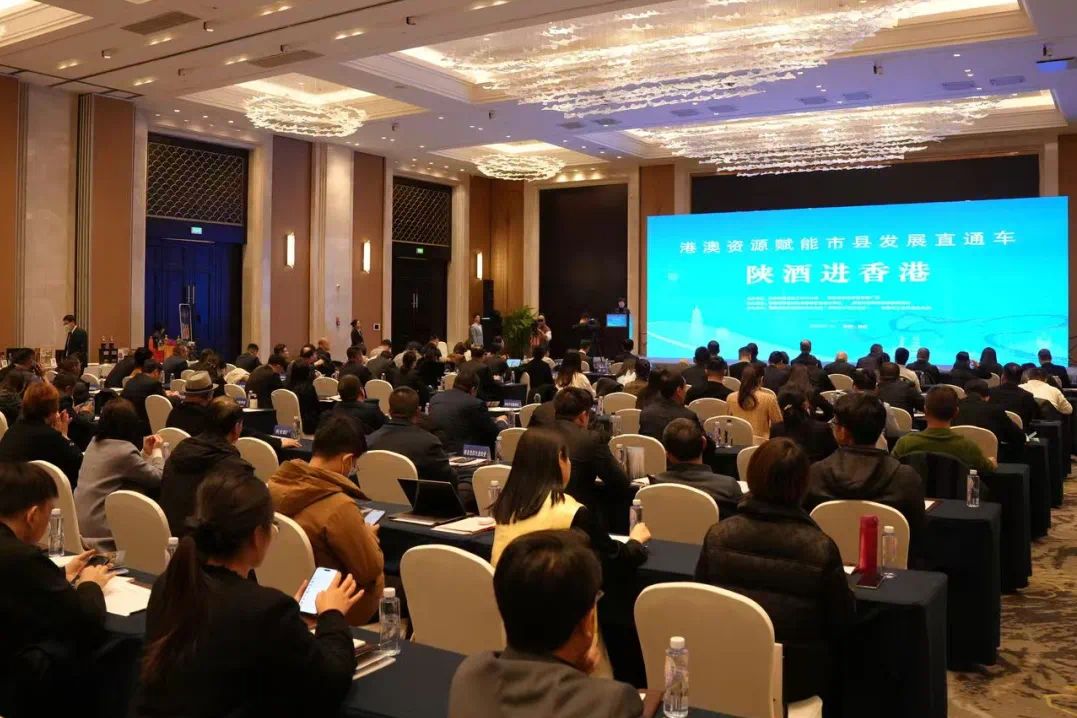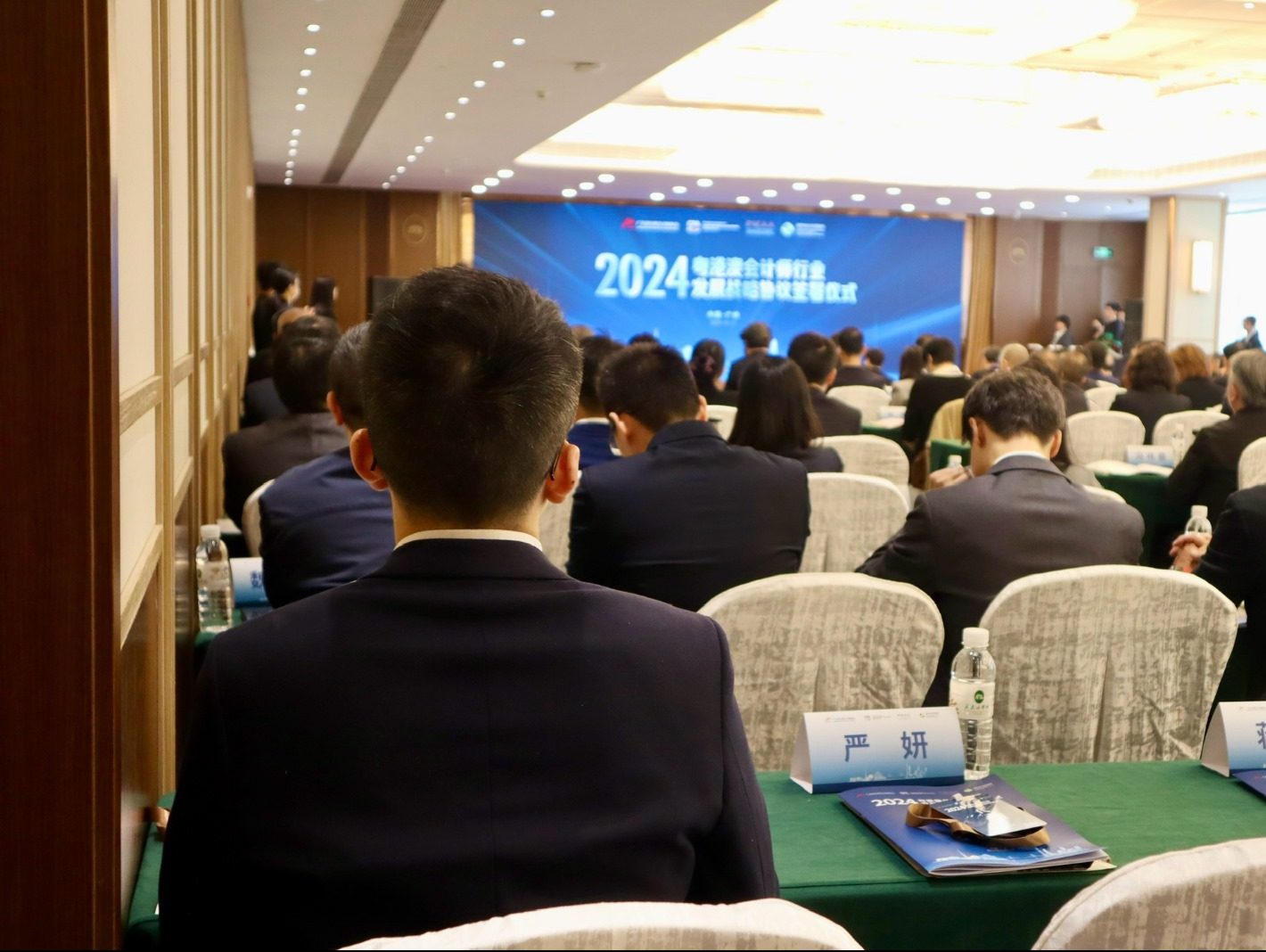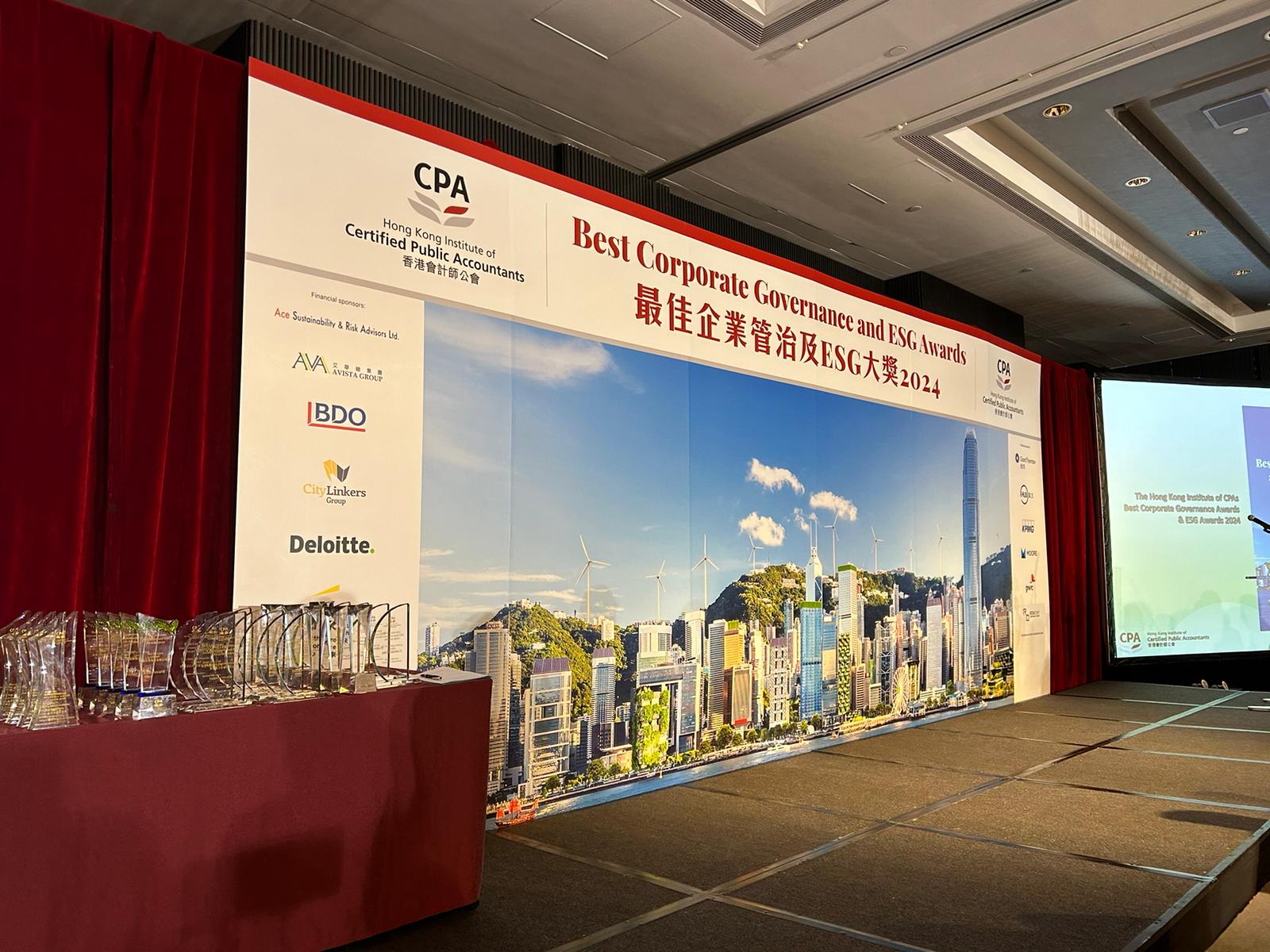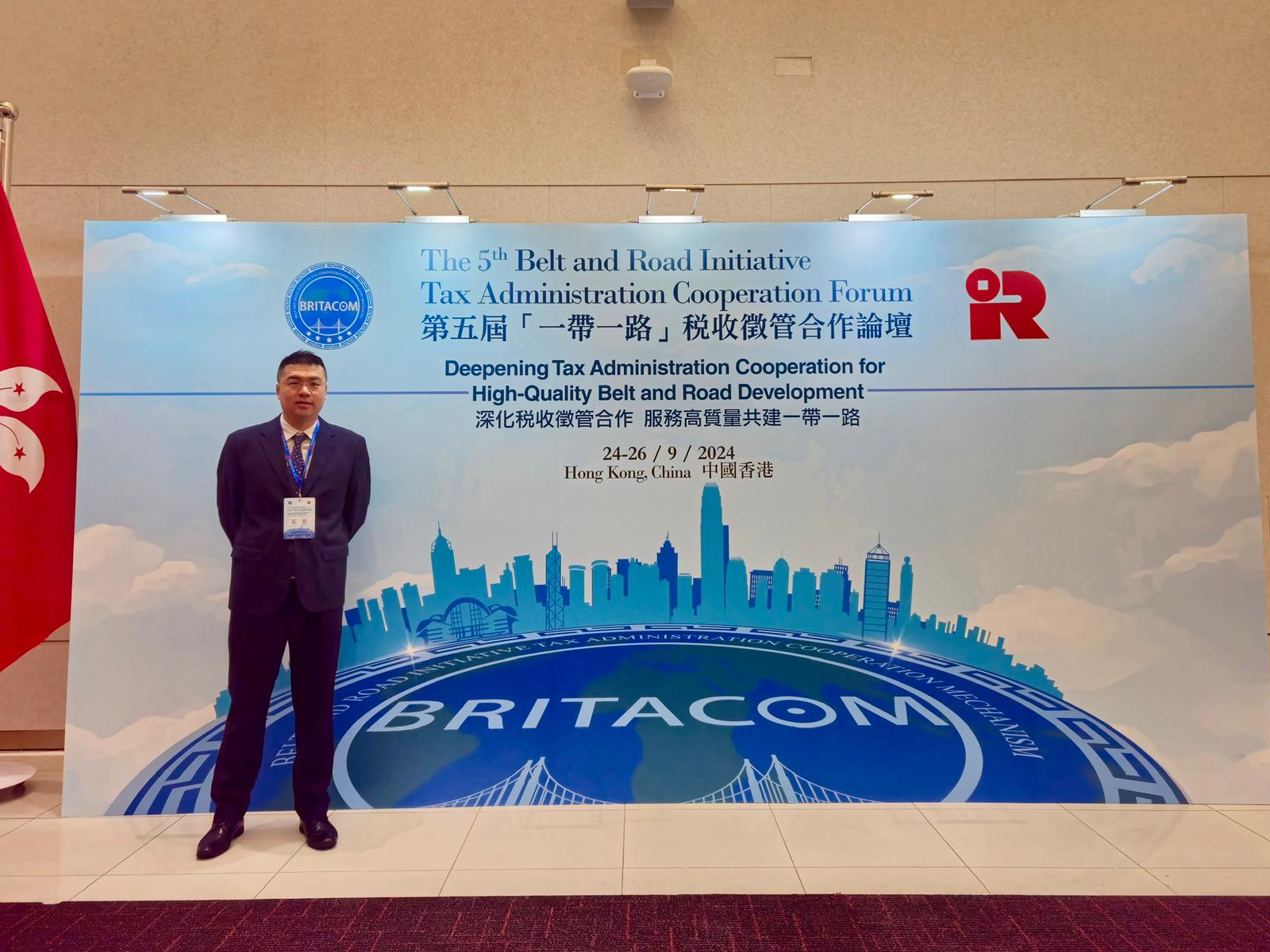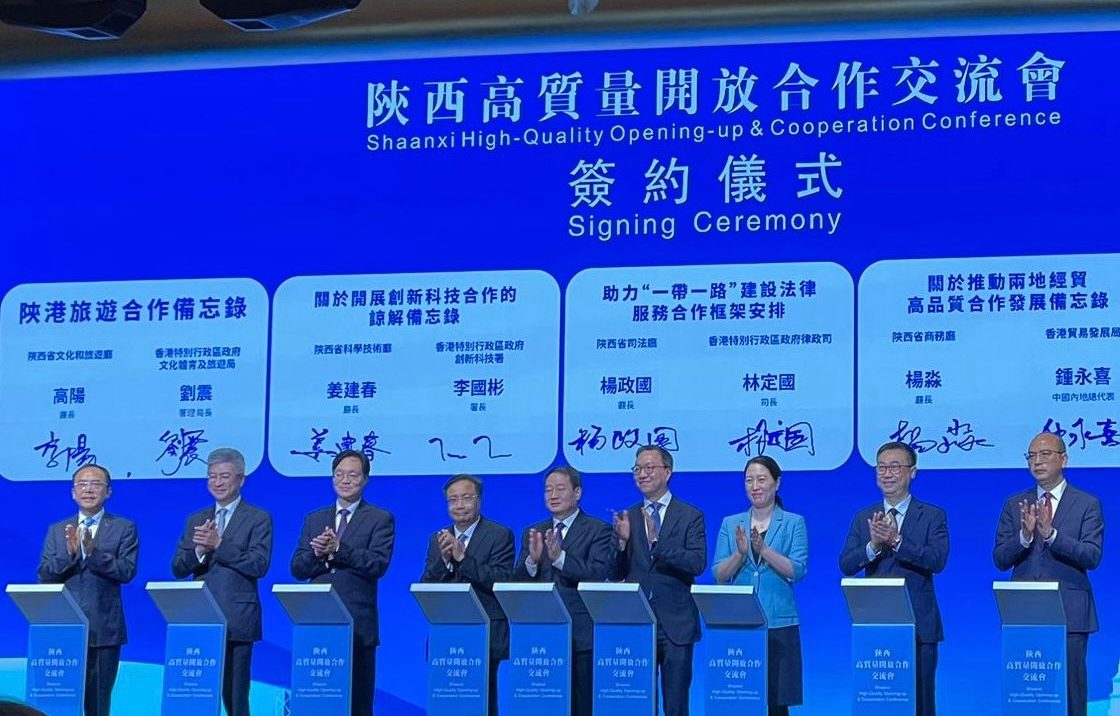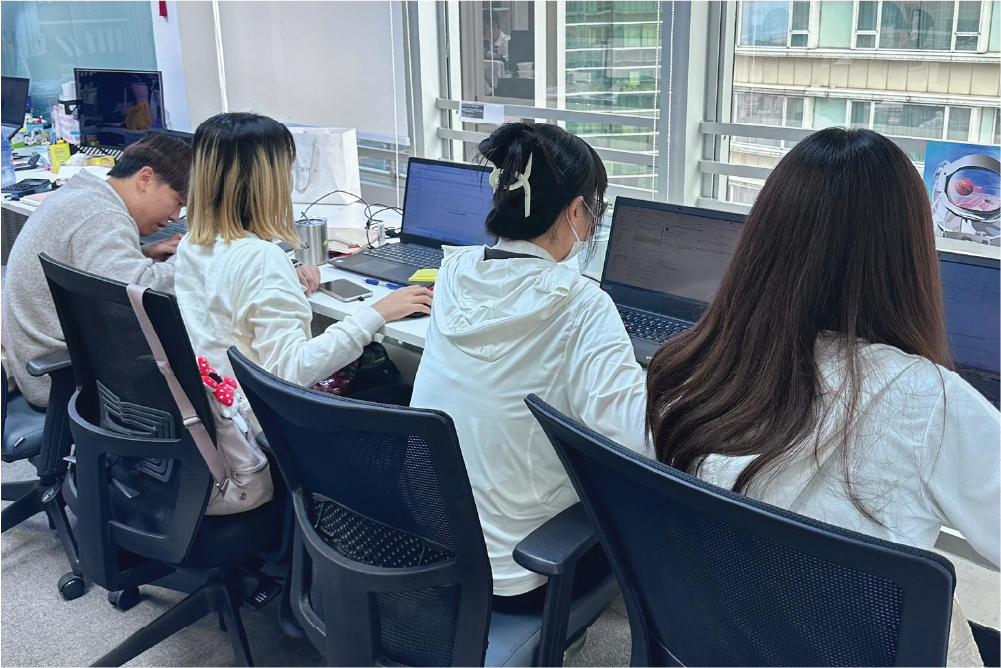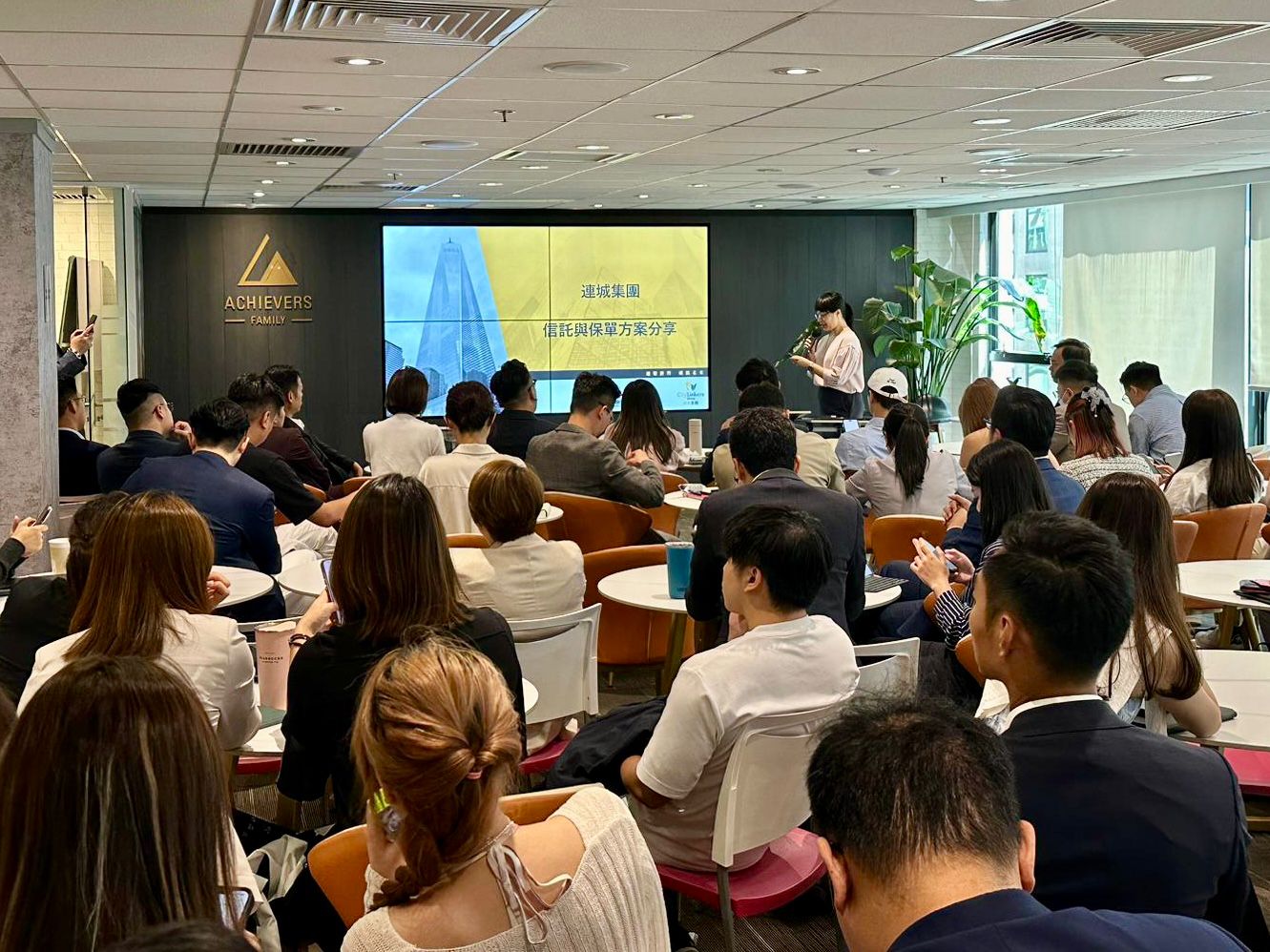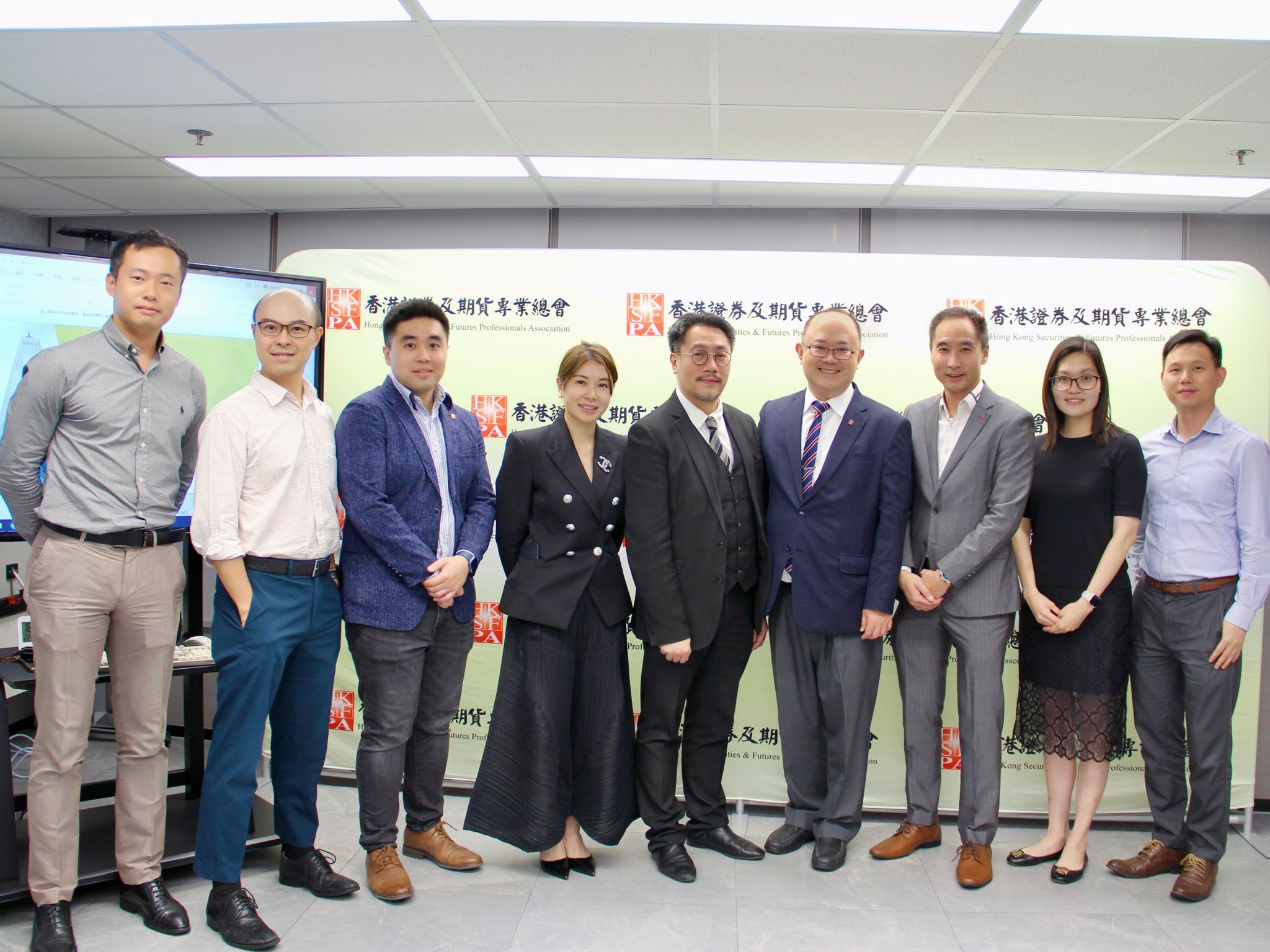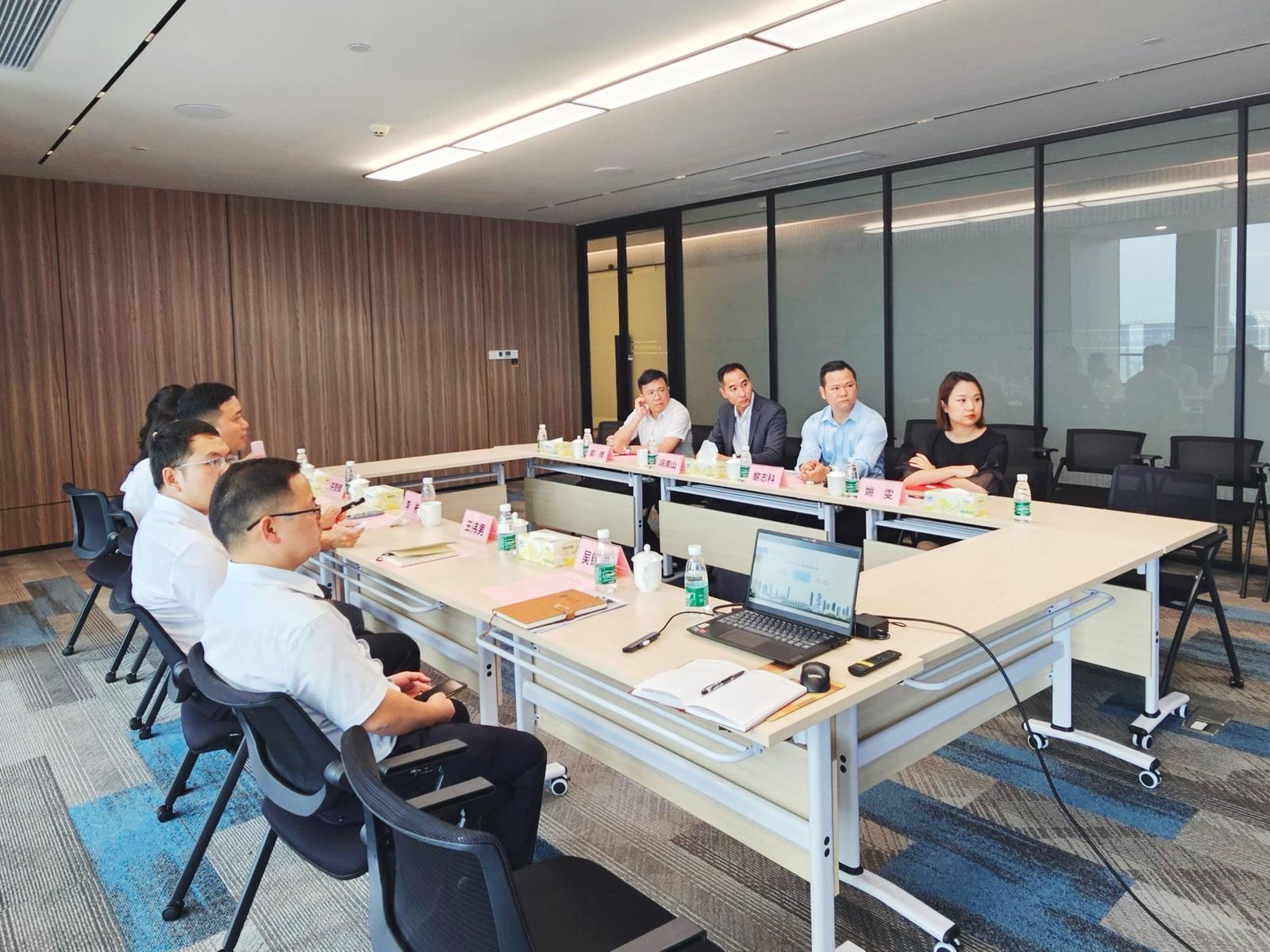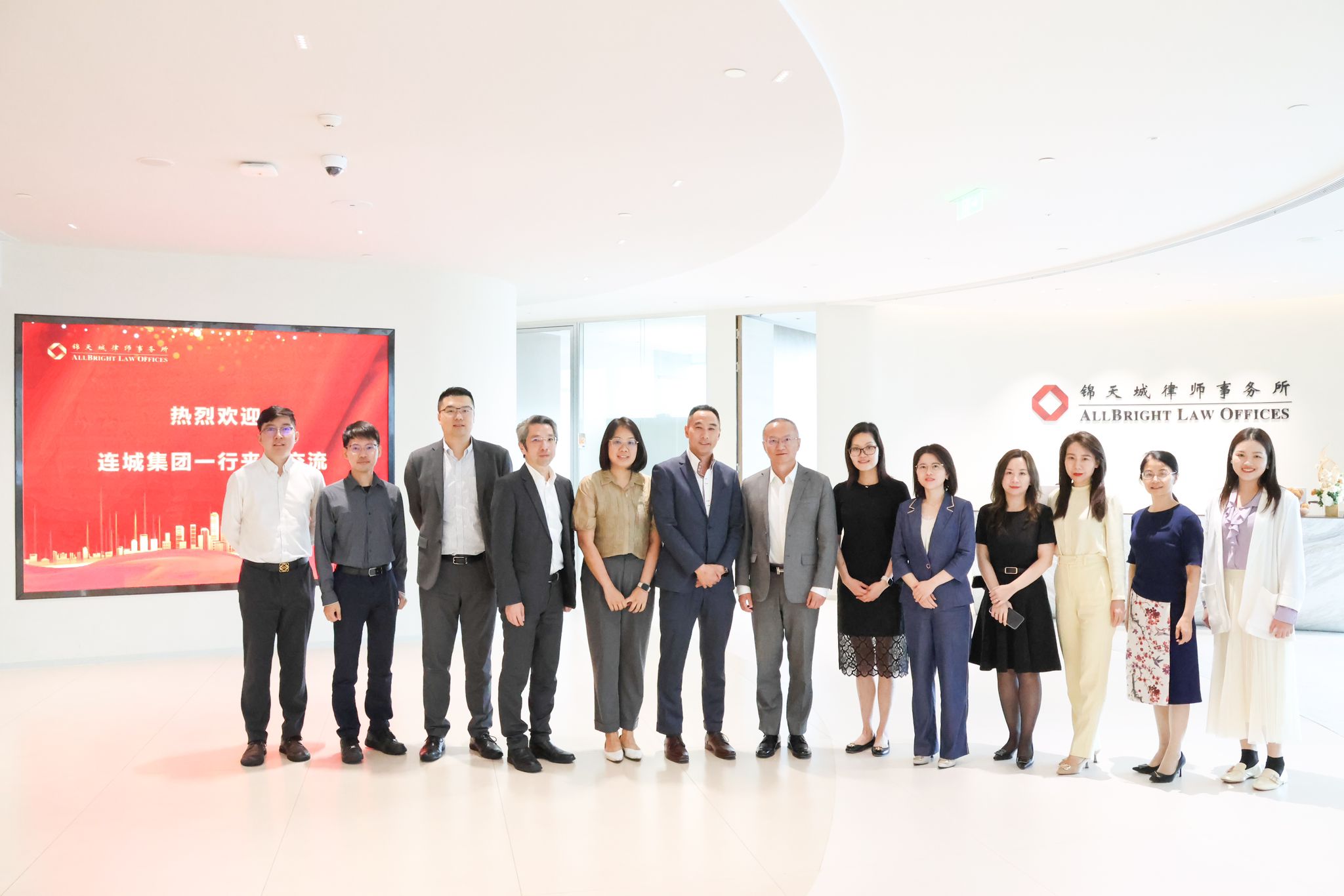
Retail Rebounds
Hong Kong’s retail sales grew 16.2% last year, rebounding from a small contraction in 2022.
Provisional figures released by the Census and Statistics Department on Thursday showed retail sales in December rose 7.8% year-on-year, reaching HK$36.3 billion (US$4.7 billion), slightly higher than the HK$34.2 billion recorded the previous month.
However economy recovery remains slower than expected and consumer sentiment will be impacted as a result. The lingering effects of global economic uncertainties, high interest rates and the underperformance of Hong Kong’s equity and real estate markets all adversely affects consumers’ purchasing power and therefore shopping habits.
Three retail sub-categories showed impressive revival in growth last year, luxury (55%); clothing, footwear & allied products (41%); and medicines & cosmetics (39%), rebounding significantly since nearly 2023 as the end of Covid-19 controls boosted local consumption as well as inbound tourism.
Retail growth should continue in 2024 however at a lower rate, as economic uncertainties persist as well as increasing outbound tourism by Hong Kong residents, mainly to Shenzhen.
Yet there are various factors that should maintain the momentum behind retail growth for 2024 and beyond, the possibility of lower interest rates later in the year should provide an added boost to retail spending.
Other factors like raising income and government initiatives such as ‘Hello Hong Kong’ and ‘Night Vibes Hong Kong’ campaigns which include the ‘Day and Night Vibes at 18 Districts’ are good reasons for consumers to spend and stay out for longer and provide further optimism for retailers.
More importantly, the government is set to rejuvenate the economy on a more sustainable path by reviving the events economy. The city is planning to host at least 160 exhibitions and 150 convention meetings this year in both the Hong Kong Convention and Exhibition Centre and AsiaWorld-Expo.
These events cover a broad range of activities, from financial forums to food exhibitions to cultural events, to bring in the crowds from all walks of life and boost economic dynamism; however, it is not just a case of event organization, detailed planning and coordination are also required with transportation and food services to ensure these events are implemented seamlessly. There have already been cases of less-than-adequate transportation support in the past months, and hopefully these were lessons learnt by the organizing authorities.
A holistic approach that brings together different sectors and stakeholders in workable partnerships and collaboration are needed to ensure the event economy continues on a sustainable path and contributes to the development of Hong Kong.
